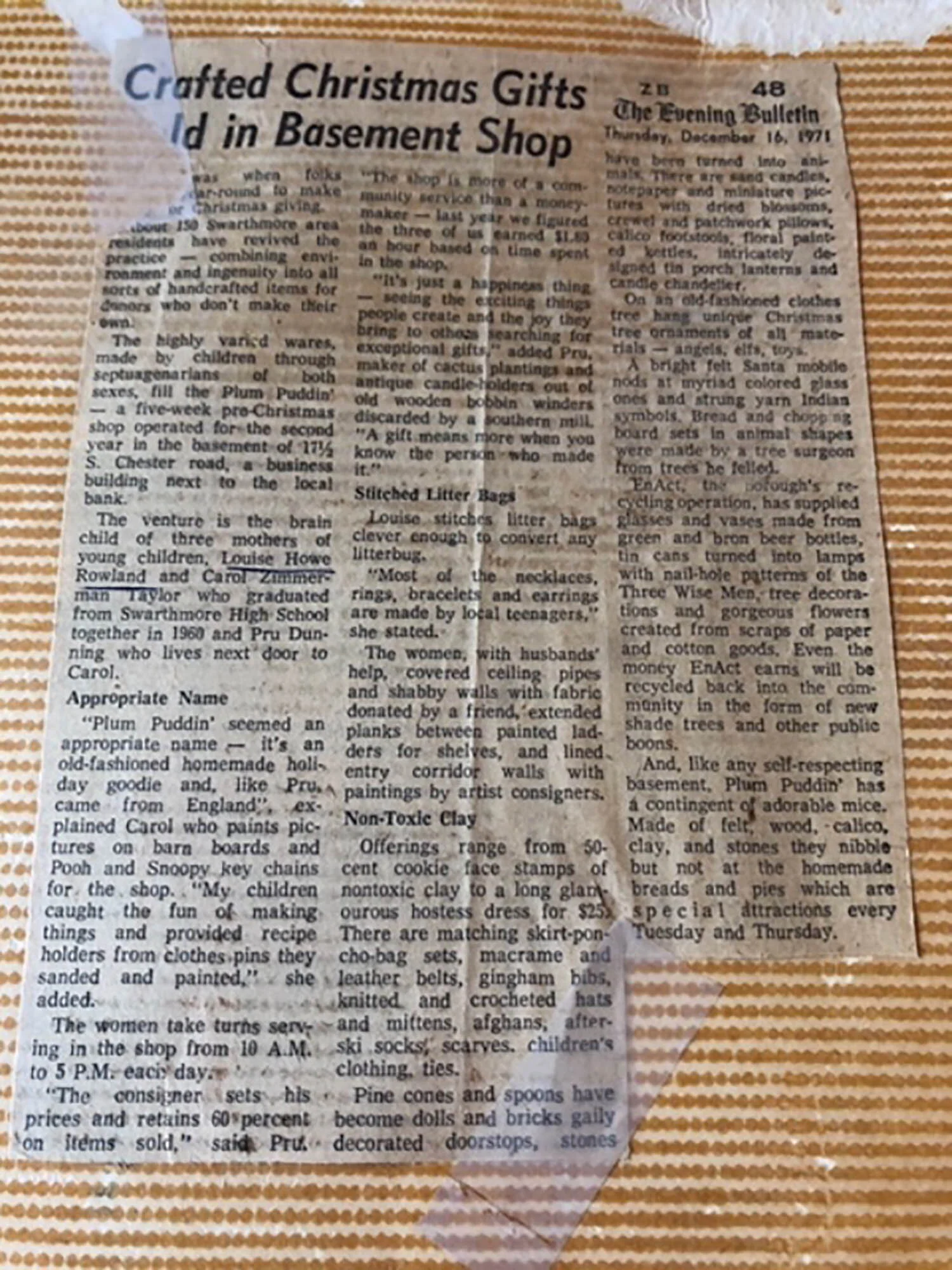Valuing human life in the face of climate change
To the Editor:
In his recent Letter to the Editor, ‘A sad fact of life’ (12/6), Jim Riviello claimed to be offering “an alternative view” of the facts on climate change. On this count, Mr. Riviello and I totally agree.
Mr. Riviello contends that “Carbon dioxide levels have nothing to do with the rising temperatures,” relying instead on contrarian climate research that blames “Anything But Carbon (ABC)” — here, banned CFCs causing “fluctuations of the sun” — for our planet’s woes. By doing so, he rejects numerous, validated studies demonstrating that emissions of heat-trapping greenhouse gasses from fossil fuel combustion are the drivers of climate change at rates never before seen. He then goes on to say, “The idea we need to reduce carbon dioxide is a lie perpetuated by globalists who are looking to establish a one-world government” (italics mine). Putting aside that Mr. Riviello appears to be unaware the term “globalist” is a well-worn, anti-Semitic slur embraced in alt-right circles, he seems to be implying that working with other developed nations to save the planet somehow diminishes America’s independence and sovereignty. Climate change is a global crisis that demands international collaboration to fix. I’m certainly no fan, but even President Trump withdrew America from the Paris Climate Accord in part, allegedly, so “the burdens and responsibilities are equally shared among the many nations all around the world.”
What I find most disturbing about Mr. Riviello’s piece, however, is the way he appears to so easily jettison those most impacted by climate change. “[G]et over it” he tells us, because we “can’t save everyone.” Hopefully, he does not realize that, globally, black and brown people, as well as the poor, suffer disproportionally from the environmental impacts of climate change. Already, many in the developing world are forced to flee their homes due to environmentally driven conflicts and shortages. People from Nigeria to Sierra Leone to South Asia to the Caribbean, from Houston to New Orleans, from Hialeah to Newark, are “at the tip of the melting iceberg” when it comes to climate suffering. Plainly, if you’re poor or a person of color, you’re more likely to die as a result of climate change. How we respond to this crisis as a nation is an indicator of how we value all human life. I would hope that none of us is OK “living our best life” while our brothers and sisters here and abroad struggle to shoulder an inequitable burden of our warming planet.
I will continue doing my part personally and also politically by supporting those who are working to restore America’s leadership in solving the climate crisis, and who prioritize environmental justice over short-term economic gains. I applaud our students who refuse to simply “get over it,” choosing instead to use their voices and voting power to protect their planet and their futures. I am so thankful that for our young people and for climate activists globally, “living your best life” can never be realized unless everyone everywhere is able to do the same.
Jill Bennett Gaieski, JD, PhD
Swarthmore



